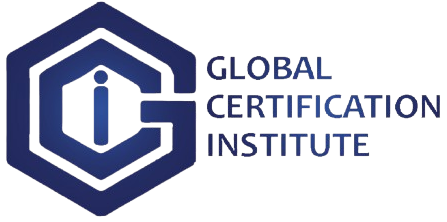In today’s competitive business landscape, adhering to international standards is crucial for ensuring quality, efficiency, and customer satisfaction. ISO (International Organization for Standardization) standards provide frameworks for organizations to establish and maintain effective management systems across various domains. Mastering ISO standards not only enhances operational processes but also boosts credibility, opens new market opportunities, and fosters continuous improvement.
Understanding ISO Standards
1. Quality Management (ISO 9001): ISO 9001 sets guidelines for implementing quality management systems, improving product and service quality, and enhancing customer satisfaction.
2. Environmental Management (ISO 14001): ISO 14001 helps organizations manage environmental responsibilities, reduce environmental impacts, and comply with environmental regulations.
3. Information Security (ISO 27001): ISO 27001 outlines requirements for establishing, implementing, maintaining, and continually improving an information security management system (ISMS).
4. Occupational Health and Safety (ISO 45001): ISO 45001 focuses on improving occupational health and safety performance, preventing work-related injuries, and promoting a safe working environment.
Benefits of Implementing ISO Standards
1. Enhanced Credibility and Reputation: Certification demonstrates a commitment to quality and compliance, enhancing trust with customers, partners, and stakeholders.
2. Improved Operational Efficiency: Standardized processes and procedures streamline operations, reduce errors, and increase productivity.
3. Access to Global Markets: ISO certification facilitates entry into international markets by meeting regulatory requirements and demonstrating adherence to global standards.
4. Risk Management and Compliance: ISO standards help organizations identify and mitigate risks, ensuring legal compliance and safeguarding against potential liabilities.
Implementing ISO Standards Effectively
1. Leadership Commitment: Secure leadership buy-in and support to drive the implementation and maintenance of ISO standards across the organization.
2. Employee Training and Engagement: Train employees on ISO requirements and involve them in implementing and improving management systems to foster a culture of quality and continuous improvement.
3. Continuous Improvement: Regularly review performance, conduct internal audits, and seek certification to demonstrate ongoing commitment to ISO standards and organizational excellence.
Conclusion
Mastering ISO standards empowers organizations to achieve operational excellence, mitigate risks, and exceed customer expectations. By embracing ISO principles, businesses can gain a competitive edge, enhance resilience, and drive sustainable growth in today’s dynamic marketplace.
